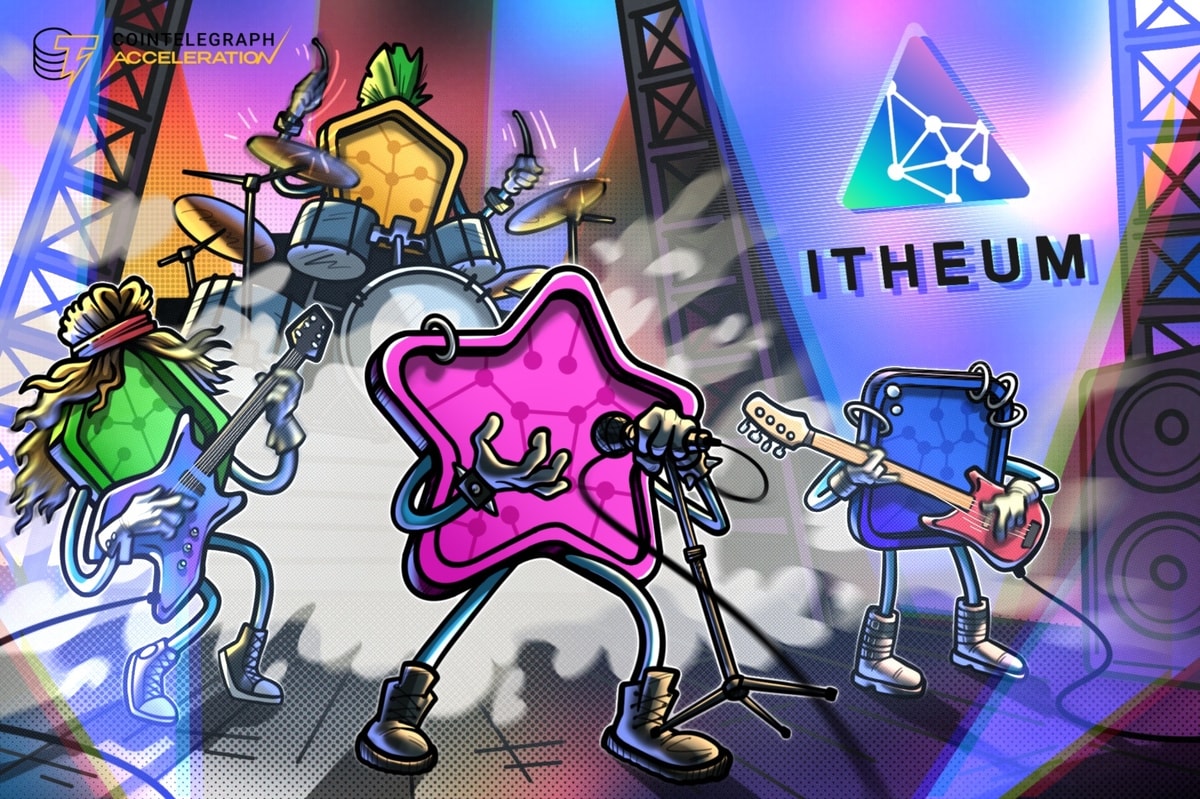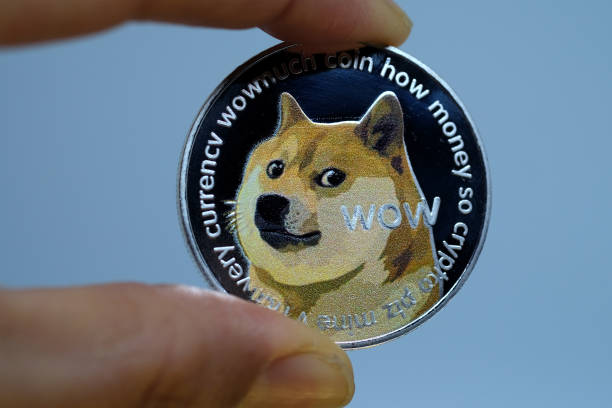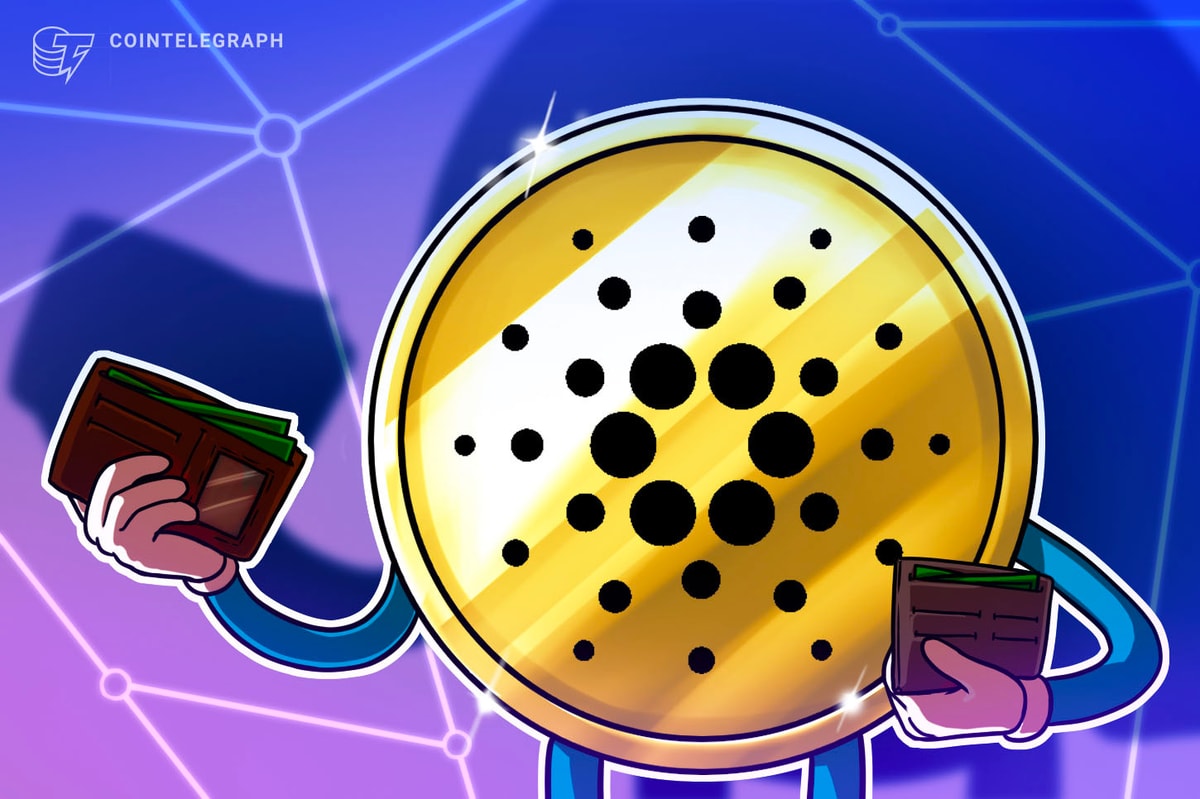The evolution of music distribution
The way music is distributed has undergone significant changes over the years, shifting from physical formats like vinyl records, cassettes and CDs to digital downloads and streaming services. With each evolution, access to music has become more convenient for listeners, but for artists, the transition hasn’t always been beneficial.
Despite the rise of streaming platforms like Spotify and Apple Music, many artists still face significant challenges. Revenue models favor intermediaries, leaving musicians with a small share of the profits from their work. Moreover, artists often have limited control over how their music is distributed and consumed.
While digital platforms have connected artists with global audiences, they’ve also created a layer of separation between creators and fans, reducing the potential for direct engagement and limiting control over artistic output.
The role of NFTs in music
Non-fungible tokens (NFTs) have introduced a new way for musicians to distribute their work, offering fans a chance to “own” digital music-related assets. Through NFTs, artists can sell unique or limited-edition tracks, albums or exclusive content directly to their audience. This approach creates a more intimate connection between artists and fans, as it often involves special perks like behind-the-scenes access or early releases.
While NFTs offer exciting opportunities for musicians, their current use is still fairly limited. Most music NFTs act as static, collectible items — essentially digital versions of traditional albums or singles. They lack interactivity and flexibility, meaning artists have little control over how these assets evolve after the initial release. For artists seeking greater creative expression and ongoing engagement with their audience, current NFT solutions fall short in providing dynamic and interactive experiences.
Expanding possibilities with dynamic Music Data NFTs
Itheum, a Web3 data infrastructure project, addresses the limitations of traditional NFTs by offering dynamic and interactive Music Data NFTs. These NFTs allow artists to create content that evolves and updates over time, offering more than static music files. Itheum’s technology also supports multi-track functionality within a single NFT, enabling artists to release entire playlists or albums and providing more flexibility in how they present their work.
Additionally, Itheum supports hidden file locations, ensuring only verified NFT holders can access exclusive content. With these features, Itheum aims to reshape how music is shared on Web3 and supply artists with the tools to “launch their music as the next generation of albums,” creating new opportunities for fan engagement.
Supporting artists in launching music NFTs
Musicians releasing music as Data NFTs can benefit from Itheum’s support services that simplify the process. This includes assistance with artwork, free storage for music and personalized assistance throughout the launch process. By releasing collections through Itheum, artists can interact with their fans in new ways and open up additional revenue streams through direct sales of Music Data NFTs, secondary market royalties and ecosystem grant programs run by the Itheum Protocol DAO, aimed at facilitating usage and adoption of this new technology for music data tokenization.
Shoutout to the artists reshaping the music scene with their Music Data NFTs! 🔥@MugenHachi, @Manu_sounds, @the_economystic, @deep_forest, @0xLuna01, 3OE, and 7g0Strike — keep pushing the boundaries! 💪 pic.twitter.com/bHhxjh1kU1
— Itheum (@itheum) October 21, 2024
Itheum’s Web3 music streaming service NF-Tunes showcases how artists can effectively grow their audience by offering unique digital music experiences. Musicians can look to these success stories for inspiration as they explore new opportunities to connect with their fans.
Collecting and experiencing music with Data NFTs
Music Data NFTs enable deeper interaction between musicians, fans and collectors, fostering a vibrant community. Music fans and NFT collectors can collect Music Data NFTs by supporting their favorite artists with droplets and following Itheum on DRiP, a collectibles platform, and by also securing them directly via the Itheum protocol’s own NFT collectibles platform. These NFTs unlock the entire playlist or music album as exclusive content for NFT owners only on NF-Tunes, creating a more engaging fan experience.
🎧 Exclusive Music Data NFT Drop! 🎧@benone2001’s debut EP is here as a 4-track Music Data NFT! Crafted to transport listeners to a dreamy electro pop soundscape with vibrant rhythms and cosmic lyrics, this NFT is perfect for music lovers and NFT collectors on @Solana 💿✨… pic.twitter.com/hqS9EAsuo0
— Itheum (@itheum) October 23, 2024
NF-Tunes Radio allows anyone to preview music from Data NFT collections, giving listeners a taste of the tracks without needing to own the NFT. This system builds a closer connection between artists and the audience, while collectors can enjoy the prestige of owning rare digital assets that contribute to a thriving ecosystem. Moreover, users interested in launching their own Music Data NFTs can do so simply by filling out a form.
The future of music distribution and IP protection in Web3
Itheum is also working with industry partners to integrate copyright protection technologies like C2PA watermarking into its Music Data NFTs to aid artists with tools to fight copyright infringement and ensure they retain full control over their work. This metadata watermarking embeds provenance and copyright information into the music files, making it easier to trace ownership and protect intellectual property in decentralized environments.

Source: Itheum
In addition, Itheum’s use of encrypted file URLs prevents unauthorized downloads, ensuring that only verified NFT holders can access the music. This method provides musicians with more secure methods of distributing their work, protecting them against piracy and unauthorized use.
Unlocking new creative possibilities with artificial intelligence
Looking ahead, Itheum’s ecosystem is paving the way for new forms of creative engagement between musicians and fans. With NFMe ID, a personalized digital avatar built from personal data, and Liveliness Reputation, which tracks user participation and reputation in the data economy, fans with verified credentials can actively contribute to creative projects using artificial intelligence tools. For example, artists may allow their music to be remixed by fans, who can then tokenize those remixes as new Data NFTs, with Itheum tracking provenance and ownership on the blockchain.
This model opens up new ways for musicians to extend the life cycle of their work through fan participation. By integrating royalty-sharing mechanisms, both the original artist and contributors benefit from these new creations. Itheum’s approach offers a collaborative, secure way for artists to explore the potential of decentralized music creation and distribution.
Disclaimer. Cointelegraph does not endorse any content or product on this page. While we aim at providing you with all important information that we could obtain in this sponsored article, readers should do their own research before taking any actions related to the company and carry full responsibility for their decisions, nor can this article be considered as investment advice.












